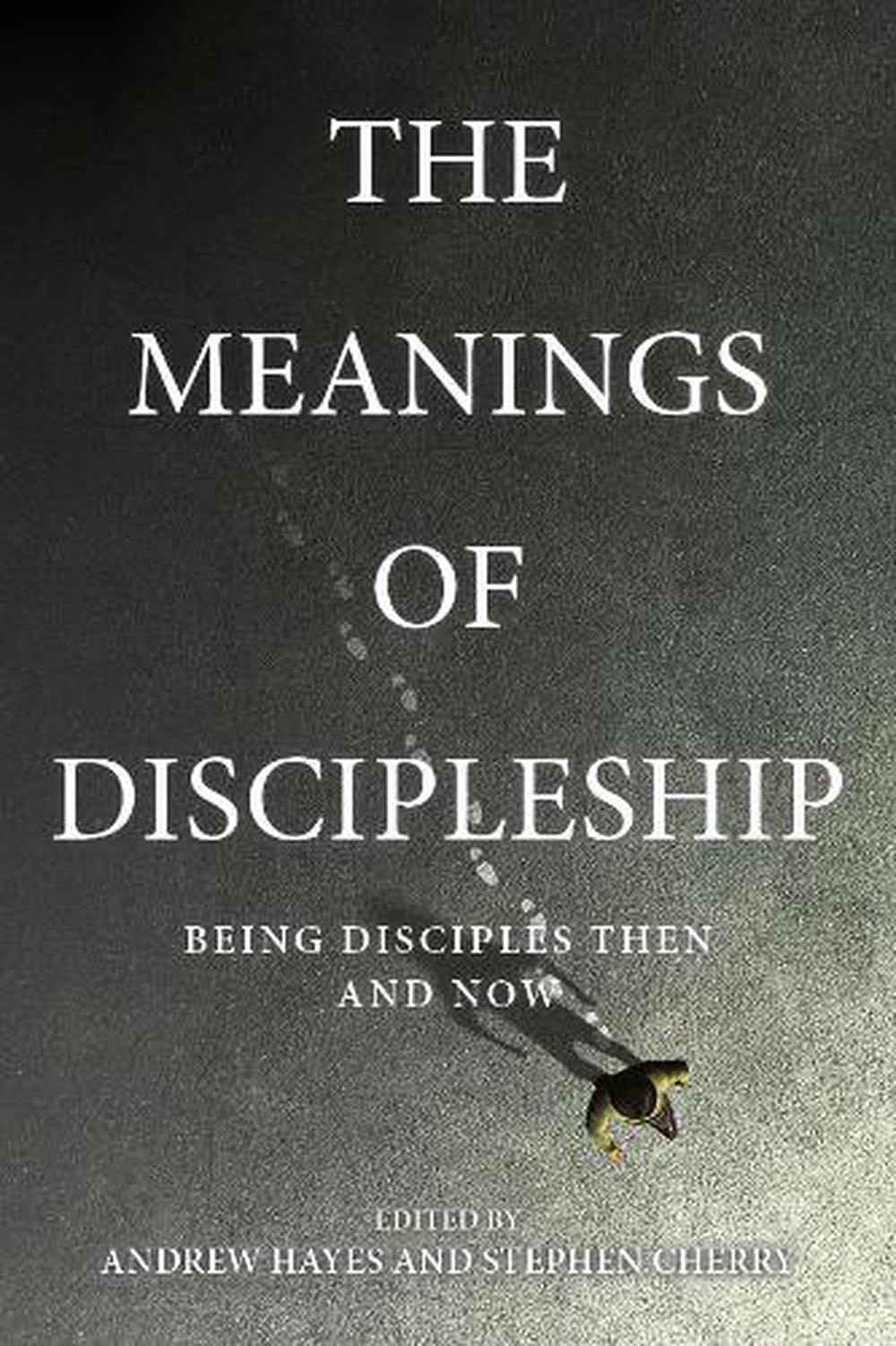
Discipleship is a foundational concept of Christian life which has become a popular and ubiquitous description of belonging and growth in early 21st ecclesiastical language. Discipleship courses and popular writings abound and the term is used liberally in official church documents and strategies for growth and development, particular in a western context. But do we risk eliding discipleship, and therefore what it means to be a Christian, with some relatively narrow theological and social contexts? With contributions from an array of leading thinkers, scholars and theologians this book argues that there is need for more clarity, precision and depth in defining what meaningfully and constructively is construed as discipleship. Beginning with an overview of how the concept of discipleship has been understood in history, the volume goes on to consider some of the key figures who have shaped our understanding of the concept, and finally to reflect on what discipleship might look like in contemporary society. Chapters include: Paula Gooder on disciples in the Bible?; Andrew Hayes on Discipleship in the Early Church; Robert J. Bast on Medieval Discipleship; Joan Chittister OSB on St Benedict; Andrew Davison on the parish communion movement; Philip Wickeri on discipleship in an Asian context; Stephen Cherry on Discipleship and character; Ruth Valerio on Discipleship and the environment; and Anthony Reddie on post-colonial discipleship

